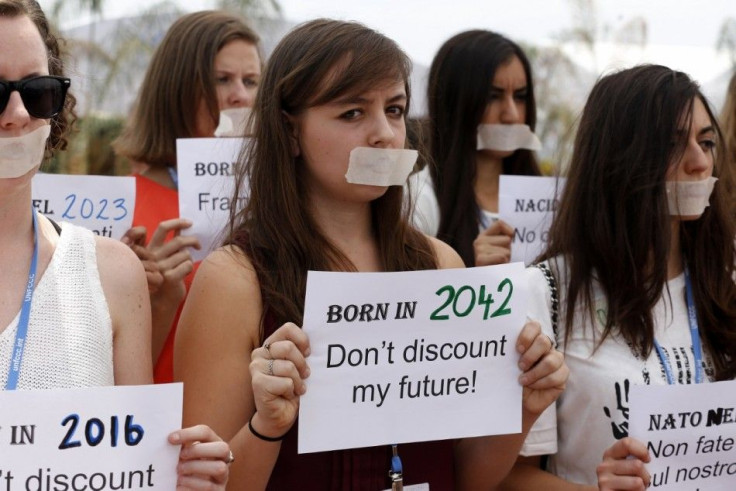New Zealand Climate Refugee Takes His Asylum Case to Supreme Court

A climate refugee in New Zealand has taken his fight for asylum to the Supreme Court. Iaone Teitiota and his family, who fled the low-lying Pacific island of Kiribati in 2007, have been battling deportation in New Zealand since 2011 after overstaying the visa.
Though earlier appeals were rejected, Teitiota has been given leave to appeal to the Supreme Court. His lawyer claims that his client is making a valid claim for asylum, as the effects of climate change entitle him to be a refugee. "Our argument is that he is being persecuted indirectly because of the inability of the industrialised world to ameliorate CO2 emissions," said lawyer Michael Kidd, reports 3 News.
The lawyer described the worsening habitat and living conditions of people living in Kiribati. Fresh water is getting polluted by human excrement. Also drought, high temperature and flooding are becoming common. About two-thirds of the coconut trees have become extinct.
Rising Misery
According to the estimates of the Refugee Council, over the next 10 years, 150,000 people will be affected by rising seas, loss of arable land and contamination of fresh water. However, the International Refugee Convention, signed by many countries including New Zealand, is not paying proper attention to these problems.
Explaining the need for an update of the Refugee Council, spokesman Gary Poole, said, “It was written in 1951, more than 60 years ago, and it was written for specific political refugees from persecution, never envisaging any possibility of climate change."
The lawyer argued that an indirect persecution from global warming is happening in the home country of his client. Kidd is hoping that some of the developments in the past are likely to work in their favour. One is the Court of Appeal's decision in May 2013 and second is the Fifth Intergovernmental Panel on Climate Change that reported the issue of rapidly rising sea levels in small islands. Kidd appealed to the Supreme Court to consider the report as evidence, reports Radio NZ.
Protocols Needed
Meanwhile, the Refugee Council spokesman urged New Zealand to use its power as member of the U.N. Security Council in developing protocols that can address the problem pertaining to climate change evacuees.
(For feedback/comments, contact the writer at kalyanaussie@gmail.com)





















